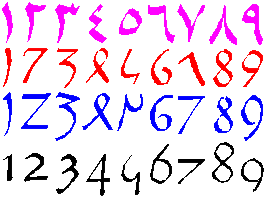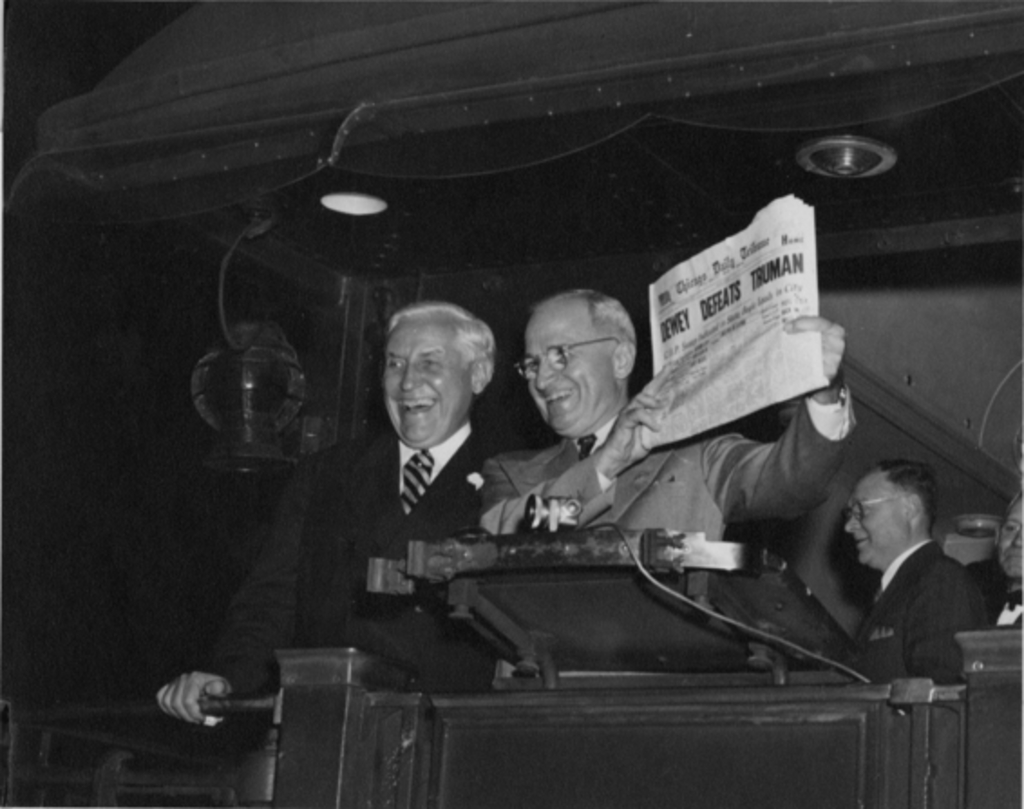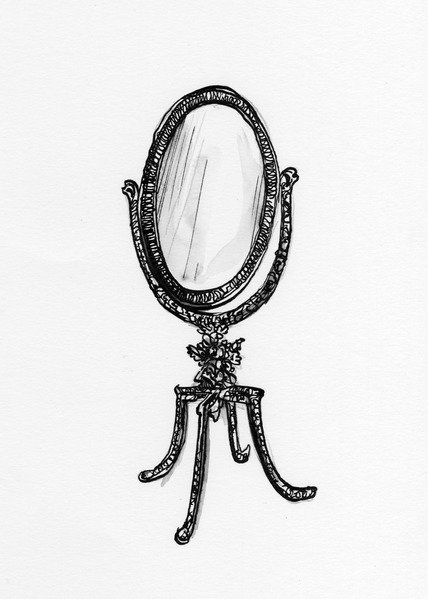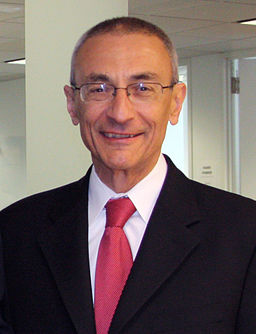Only the Best People
— Maya Angelou
In a recent poll conducted by Civic Science, 56% of Americans responded “No” when asked if Arabic numerals should be taught in the nation’s schools. Such breathtaking ignorance, as well as presumed bigotry, is enough to make the other 44% of Americans take to alcohol. Algebra would be more difficult without using Arabic numerals, even if there are a lot of letters mixed into the formulas. Substituting Roman numerals would only make the subject more confusing.

The evolution of Arabic numerals, from top to bottom. Rendering by Vispec.
In as much as the respondents to both questions were reacting with knee jerk tribalism to a word or phrase embedded in each question without really understanding the question, then they are equivalent in their wrong-headedness. In both cases, a more truthful response would have been “Don’t know”, although apparently the poll takers offered only “No opinion” as a third option, a slightly different idea in logic, and not in mere semantics. In that way, both questions tease out the victory of tribalism over knowledge, but it is only the majority responses to the question about “Arabic numerals” that betray bigotry as well as ignorance, much as some might say they are part of the same continuum.
A clip from the “Primacy of Number” section of the 2002 meditative documentary Naqoyqatsi: Life as War. Philip Glass wrote the music, Godfrey Reggio directed the film, and Jon Kane did the editing.
There are a fair amount of assumptions here in parsing the answers to these two deceptively simple polling questions, and assumptions after all play a big part in bigotry. There are also the words of wisdom from the poet Maya Angelou which led this post. We can make educated inferences based on our experience and not have them fall into the well of roiling, unreasoning emotional assumptions and inferences that is bigotry. We can wake up and smell the coffee, as it were, to what only the best people, as they would have us believe they are, are up to in their bad faith quest to subvert the best intentions and best efforts of many, many others to improve human and animal lives and conserve the gifts of the Earth.
— Ed. 




